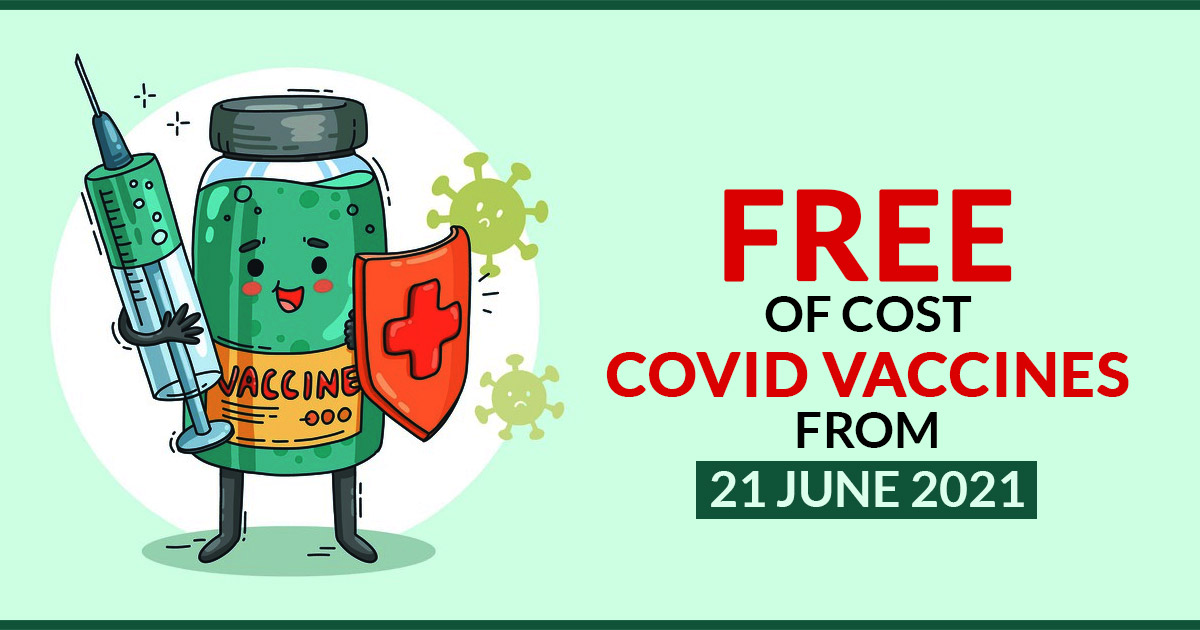
This step has been taken by the Government of India in response to the regular grievances made by some states. The Government of India, in the context of fiscal woes of states regarding vaccination for Covid 19, has made a new vaccination policy. As per new policy, the Centre has consented to contribute three-fourth of the total domestic production of Covid vaccines.
- The Government of India’s decision to acquire and supply vaccines to states free of cost from June 21 has to some extent diffused the tension between the Centre and some states.
- The Government of India’s decision to acquire and supply vaccines to states free of cost from June 21 has to some extent diffused the tension between the Centre and some states.
- Presently, States have to acquire 25% of Covid-19 vaccines that are produced domestically.
- The private sector takes 25% of domestic vaccine production
- And the remaining 50% is acquired by the Central Government
- Of the total GST exchequer, half of the GST collected on any product goes to the centre and the rest half goes to the consuming state. Further, 41% of the Centre’s overall tax exchequer goes to states.
“Vaccines will be free of charge for all above 18 years of age. There shall be an increased supply of vaccines too, Union finance minister Nirmala Sitharaman has tweeted a day back.”
Now there is more probability that states will raise objections to the Center’s decision. However, in the case of a few other items related to vaccination (such as medical oxygen, pulse oximeters, oxygen concentrators, and covid testing kits, and so on), the centre has expressed no objection to lowering the tax rate from 12% to 5%. This was commented on by a privy who attended the meeting.
“With the changed vaccination policy, states’ appeal for GST relief on covid vaccines remains resolved and the only category left out is people getting vaccinated through the private sector, said the tax expert.”









